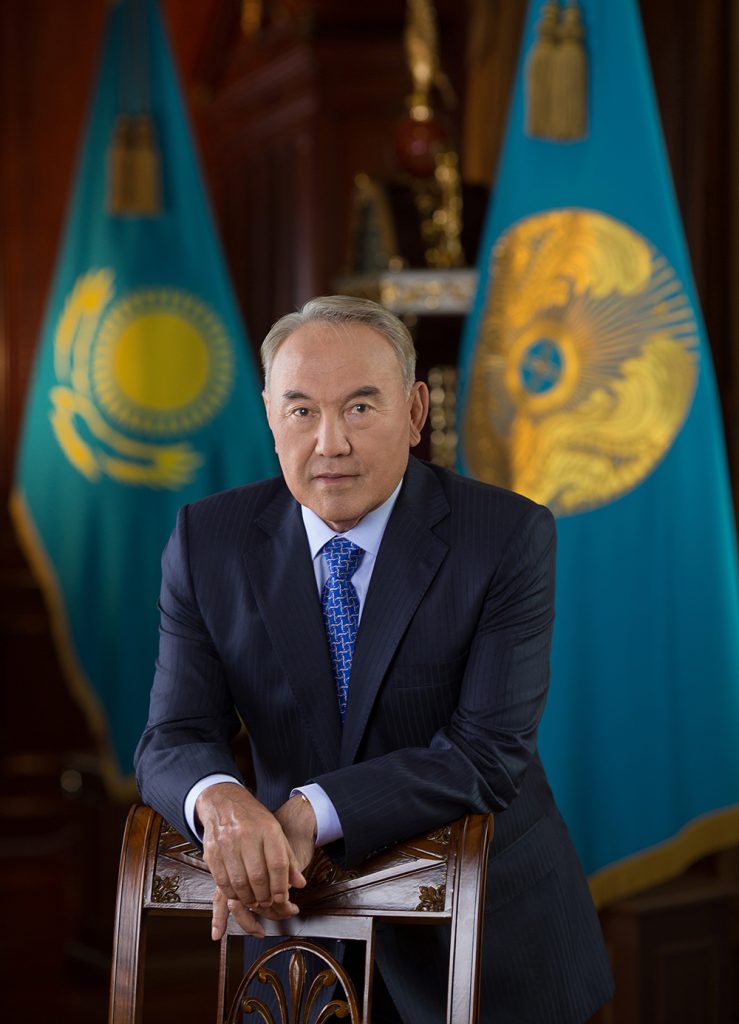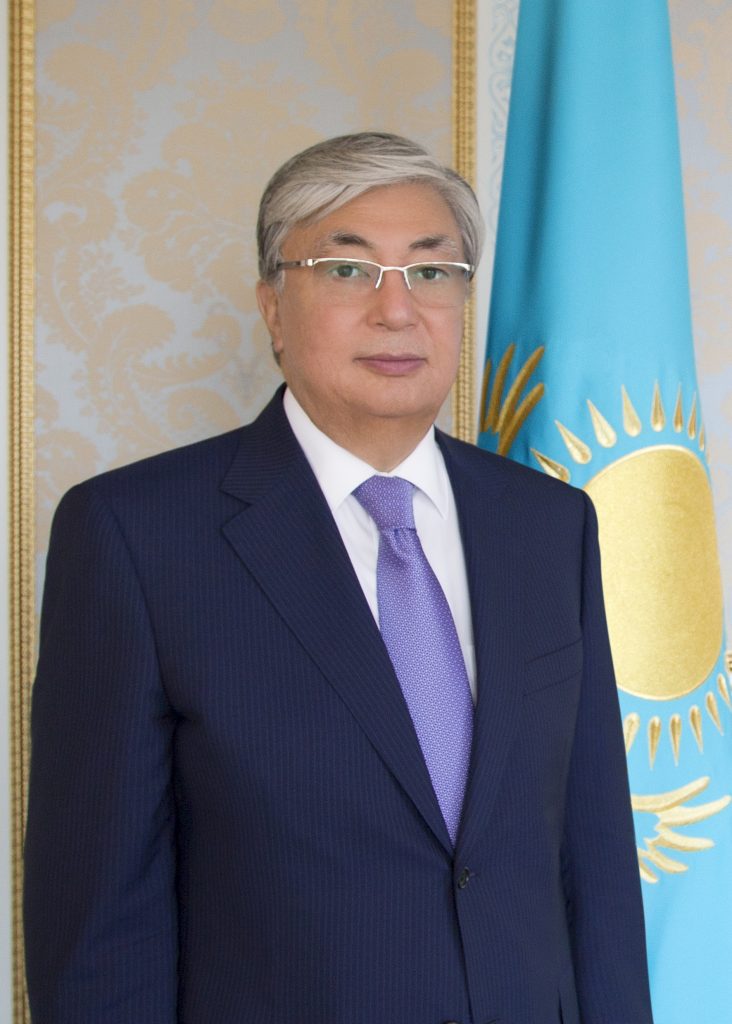 Kazakhstan, the largest country in Central Asia, is preparing for extraordinary presidential elections.
Kazakhstan, the largest country in Central Asia, is preparing for extraordinary presidential elections.
In its nearly 30 years of existence, such an event has not occurred before.
Kazakhstan’s first President Nursultan Nazarbayev (above) resigned this March after nearly three decades of rule.
He left office voluntarily, without waiting for the end of his presidency, which he won in 2015.
His decision went against the norm in former Soviet countries of Central Asia where power is never transferred without a powerful push.
Nazarbayev has left behind a good legacy.
He was able to maintain peace and harmony in a country which has more than 100 ethnic groups.
This achievement is laudable because, after the collapse of the Soviet Union, armed ethnic conflicts erupted in almost every Central Asian country. Only Kazakhstan managed to avoid such clashes.
Stability has allowed the Republic, which owns vast reserves of oil and other natural resources, to become a major economic player in a short time.
Bloody clashes in the neighbouring republics, which led to chaos and economic decline, became a vivid lesson for Kazakhstan.
Nazarbayev saw the destruction in those countries and adopted his famous rule for Kazakhstan: “First, the economy, then the policy.”
His methods were often criticised in the West. Some politicians accused him of authoritarianism and suppressing democratic institutions. But time has proven that he chose the right track.
Today, Kazakhstan is one of the few former Soviet states that has thrived due to far-sighted and focused policies.
Nazarbayev not only worked to enhance the quality of life of the Kazakhs, the major ethnic group, but he also extended the benefits to the other ethnic groups.
Due to his strong will and vision, Kazakhstan has been able to weather several economic and political storms.
Thanks to its socio-economic stability and natural wealth, the Republic has been able to attract more investments than the rest of the Central Asian countries combined.
Given that it is progressing at a fast pace, Kazakhstan is aiming to enter the group of 30 most-developed countries by 2030. But can it achieve that without Nazarbayev at the helm?
Soon after he voluntarily stepped down, people, especially the minorities, were worried about their future. They were concerned about the changes that awaited them.
But soon it became clear that it would be a period of continuity and stability in domestic policy.
 According to the country’s Constitution, the function of the head of state passed to the Speaker of the Senate of Parliament (upper chamber) Kasym-Zhomart Tokayev (above), a Nazarbayev confidant who has played a big role in the building of the modern Kazakhstan.
According to the country’s Constitution, the function of the head of state passed to the Speaker of the Senate of Parliament (upper chamber) Kasym-Zhomart Tokayev (above), a Nazarbayev confidant who has played a big role in the building of the modern Kazakhstan.
To secure the support of the citizens and consolidate the legitimacy of his position, Tokayev, again following the Constitution, announced the holding of early presidential elections, on June 9 this year.
In his address to the nation, he gave the guarantee that the “elections will be held openly and honestly”.
Now, the pre-election process is underway. Seven people, representing different political parties and movements, have announced their candidature for the presidency.
All are Kazakhstan citizens by birth and have lived in the country for the last 15 years.
The Consitution also stipulates that they must have high education, no criminal record or a court ruling against them for corruption offences.
They also had to produce 118,140signatures each from at least 12 regions and major cities and submit two documents: A health certificate and a declaration of their income and family’s income.
It is not easy to predict how the elections will turn out. But Nazarbayev has left behind a strong country that is set to develop further through determined and principled leadership.







